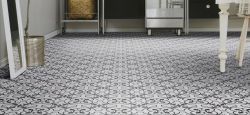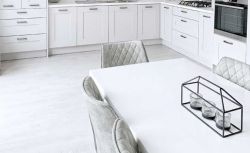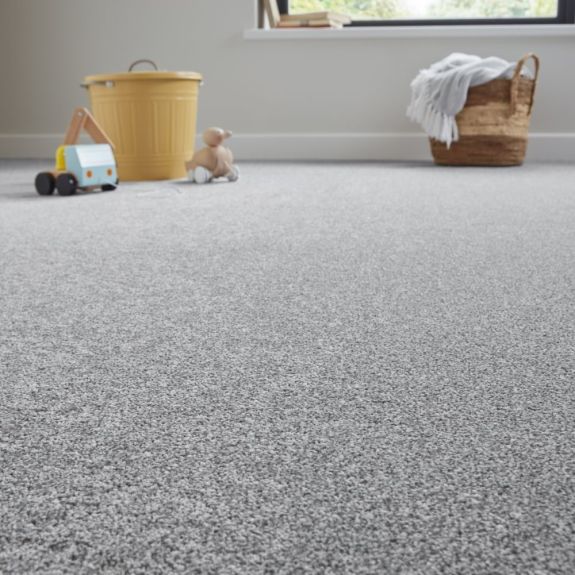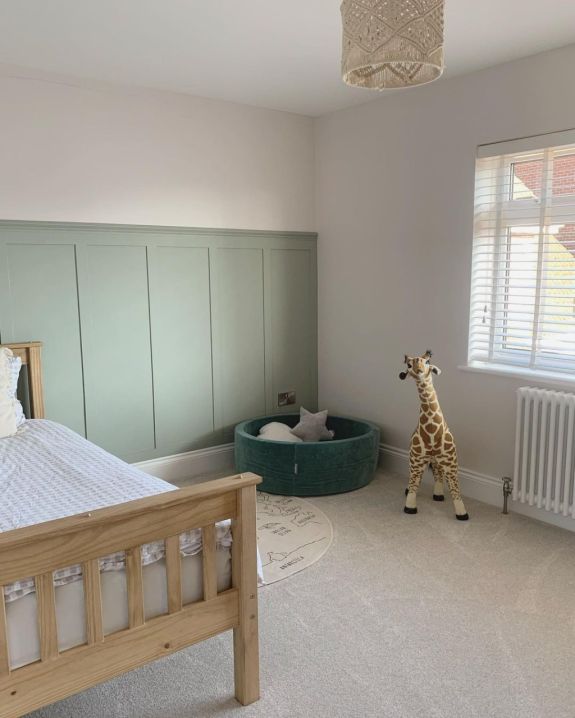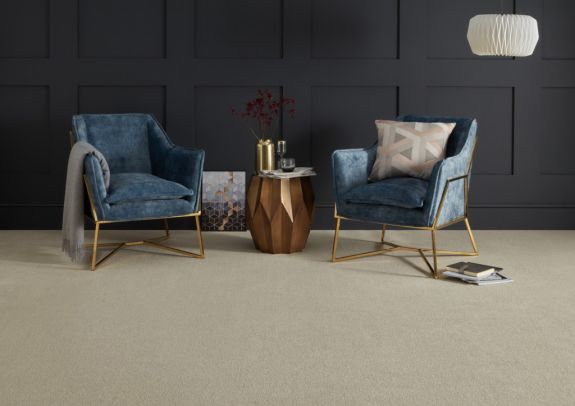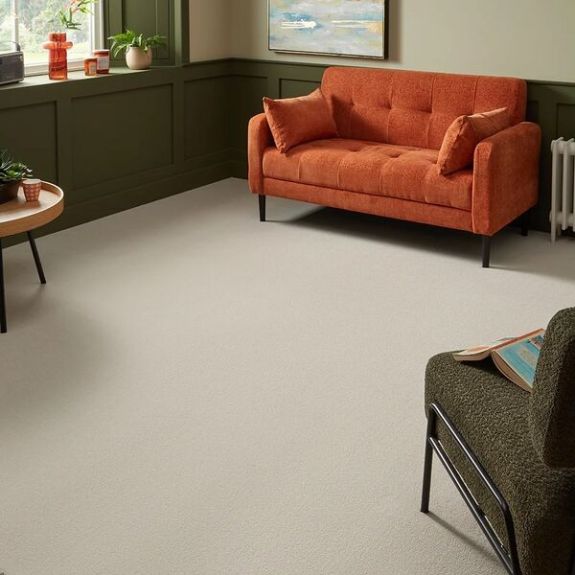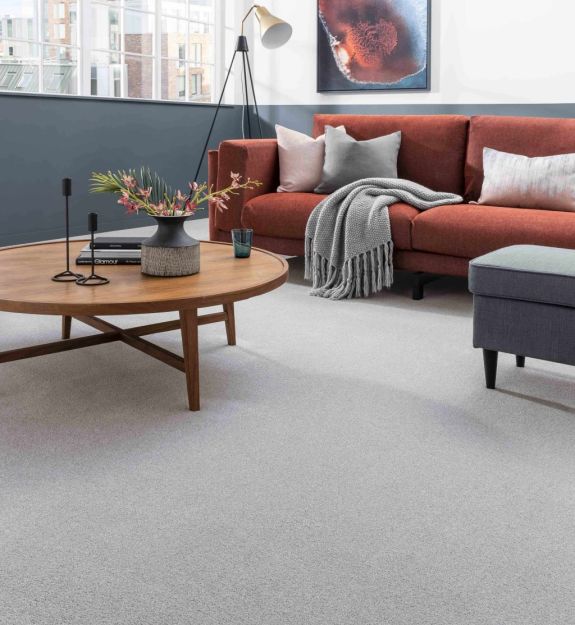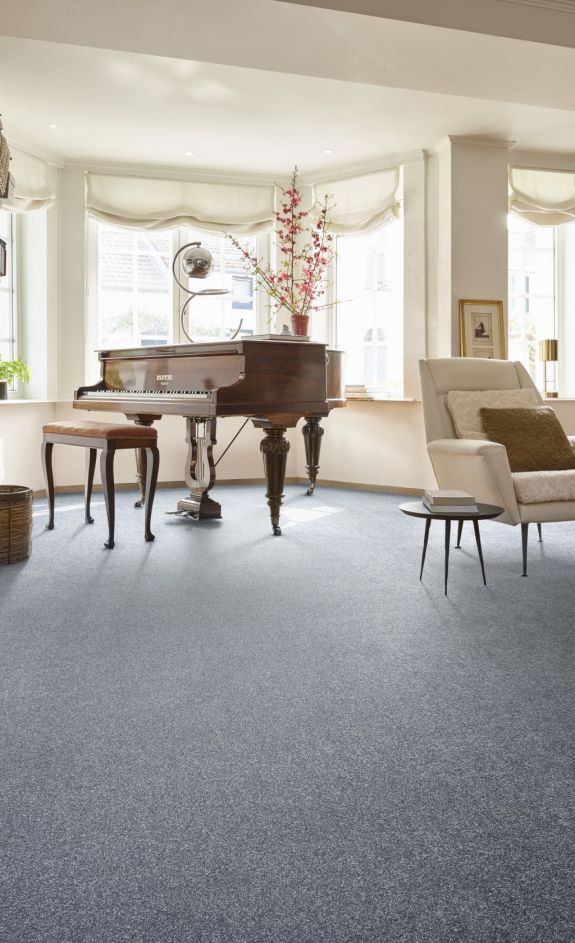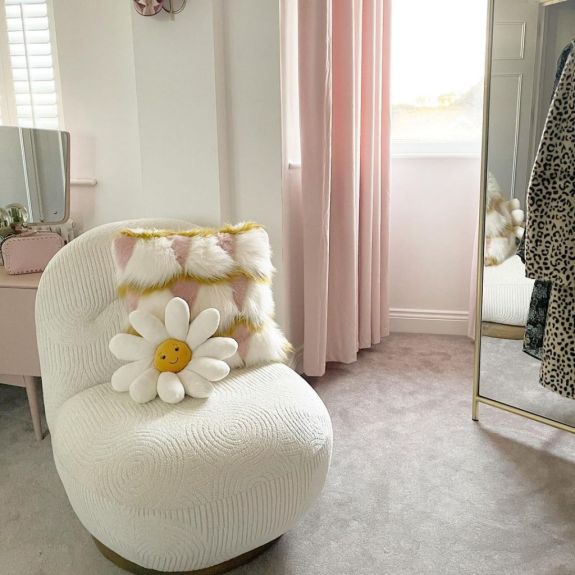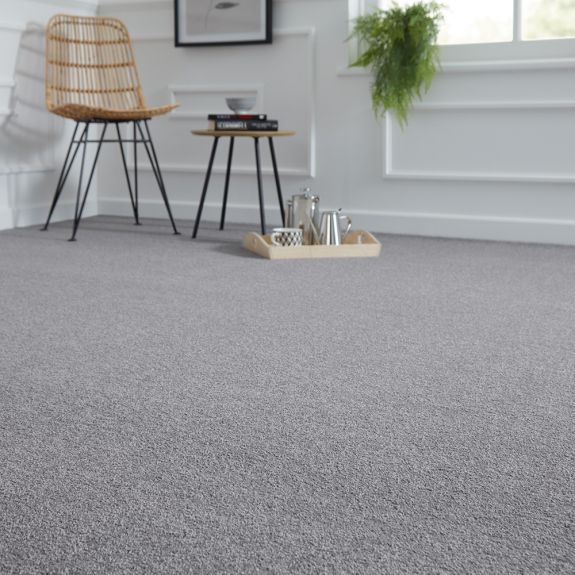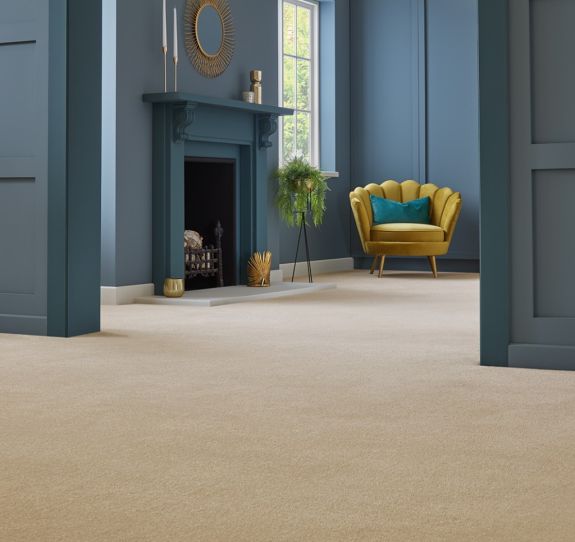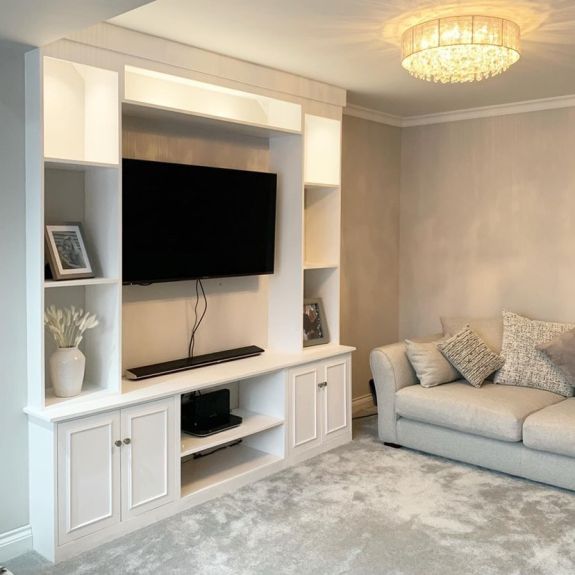How to fix squeaky floors
There are lots of different ways to fix a squeaky floor, and they all depend on the problem you’re working with. If your flooring is too loose or too tight, then you need to look at the spacing that’s been left between the flooring and the wall to fix that particular noise. If your squeak is caused by a loose nail, then you need to tighten the nail with a screwdriver or hammer. However, if you can’t find the source of a squeak, you might find some of the following solutions can help.
Stop squeaky floors with construction adhesive
You can fix a squeaky floor you suspect is caused by gaps between the boards and the joists with some construction adhesive. This will fill the gap between the two and harden, and help to reduce the amount of rubbing between the two blocks of wood. This can be a much quicker solution than potentially having to pull up all your flooring to insert a small wedge of wood, known as a shim, or replace your joists.
Fixing squeaky floors with powdered graphite
If you don’t have easy access to the underside of your flooring, then you’d probably prefer a solution you can do from above. For engineered wood or solid wood flooring, floorboards can often squeak because they are rubbing against each other. Powdered graphite –the same as what your pencils are made from! – is a great fix for squeaky floors. It works by reducing the friction between wood and it’s also easy to apply. Just rub it into the joins between the floorboards. Some powdered graphite comes in a container with a nozzle for ease of us, or else apply with a cloth or sponge then vacuum up the excess.
Fixing squeaky floors with nails
The issue may be that your subfloor has become distanced from part of your flooring, and therefore when you step on that area they rub against one another. This can be fixed by reattaching your flooring to the subfloor using an adhesive. This can be a hammer and nails if you have wooden flooring, as this way you can cover the hole left by the nail with wood filler.
Alternatively, you may have to pull up flooring like carpets or vinyl to find out if your subfloor has separated from the joists below that. You could even screw nails into the subfloor to reattach it to the joists before relaying your flooring back on top, but you’d need to make sure your subfloor stayed smooth and even. If you have a concrete subfloor, then you can rule this out as the cause of the issue!
Fixing squeaky floors with a dehumidifier
Sometimes, the reason your floor is squeaking is that it’s just too humid or too hot, and the boards have swollen a little to cope with the extra moisture. Putting a dehumidifier in the room will help to draw more moisture out of the air and allow your flooring to settle back into its rightful place.
It can also be true that when a room is too dry, it also accentuates a floor’s squeaking! So sometimes the opposite is try and adding a humidifier can help to eliminate squeaks by raising the moisture levels back to normal.





























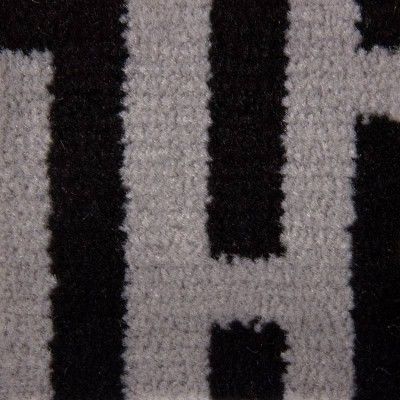
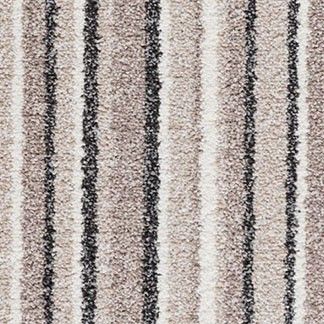
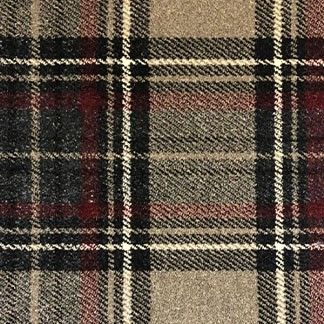
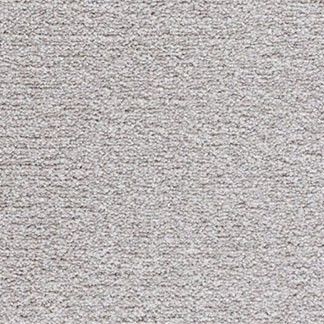











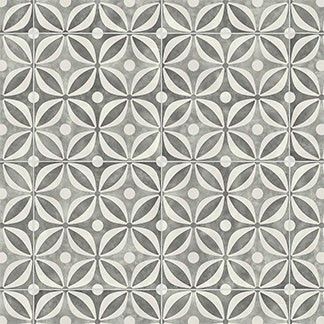
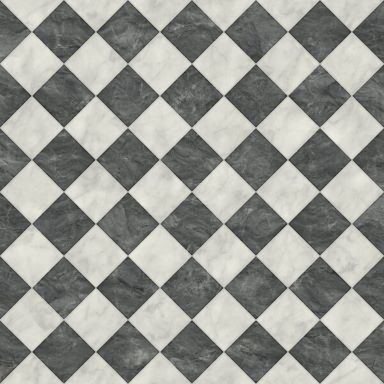
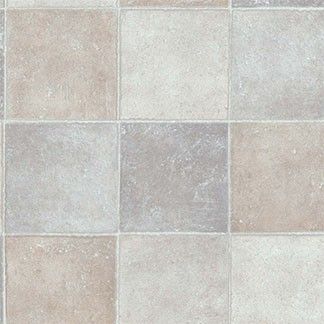
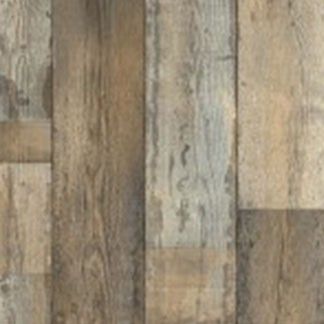









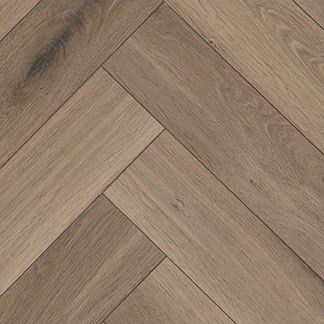
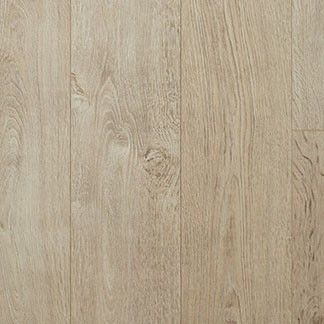
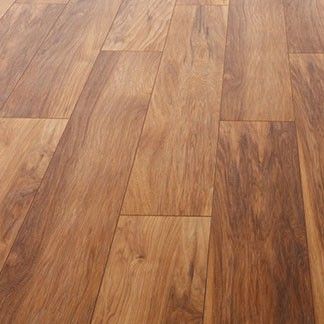
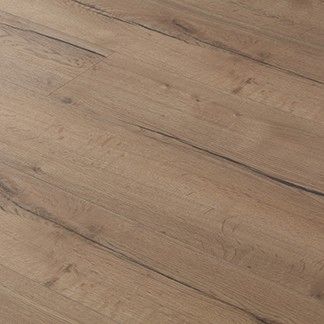









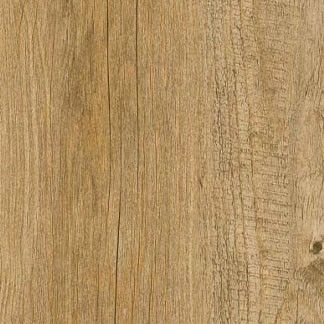
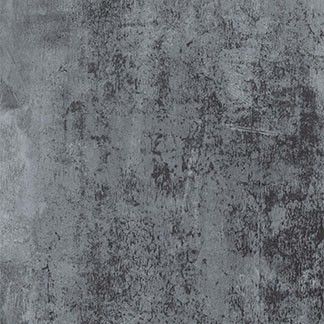
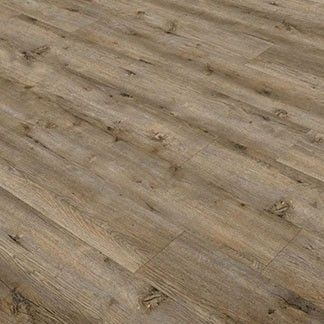
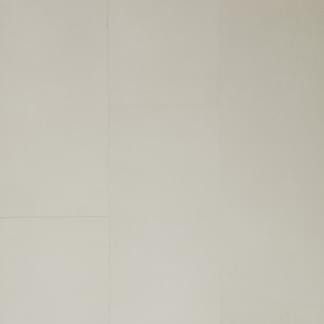




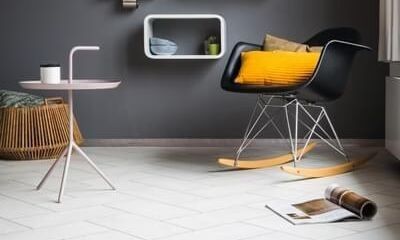
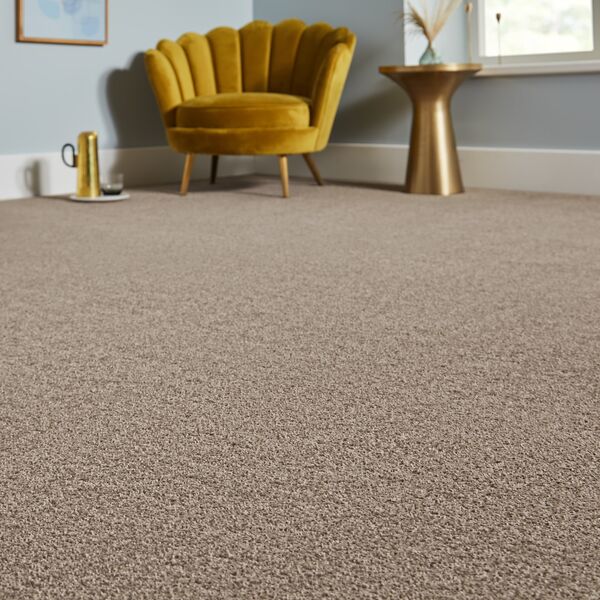
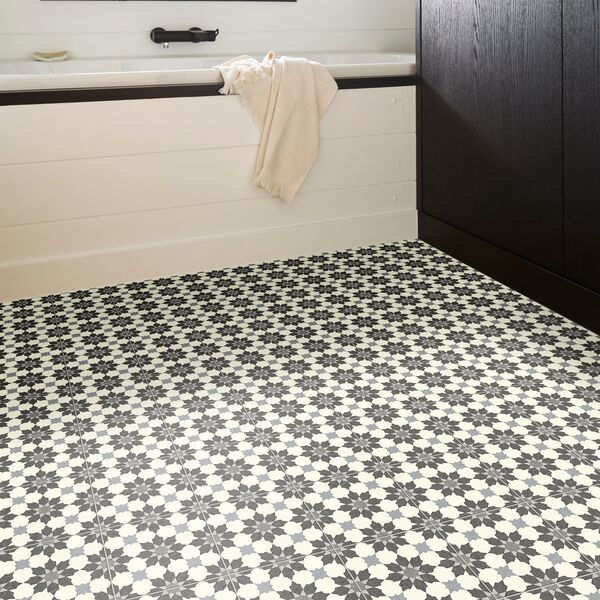
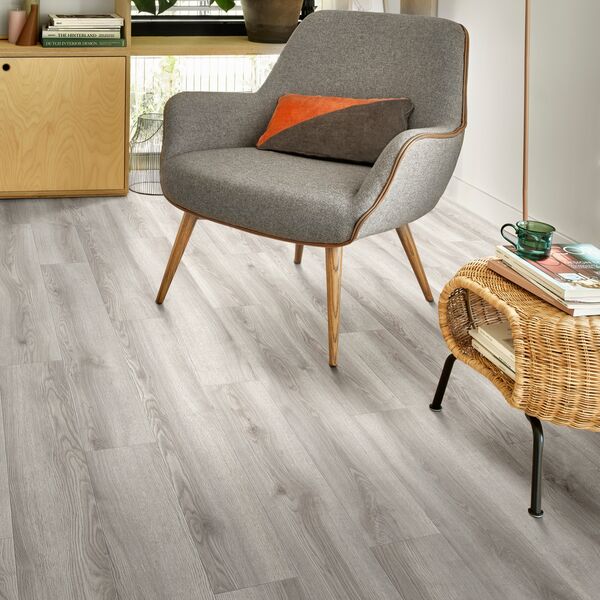
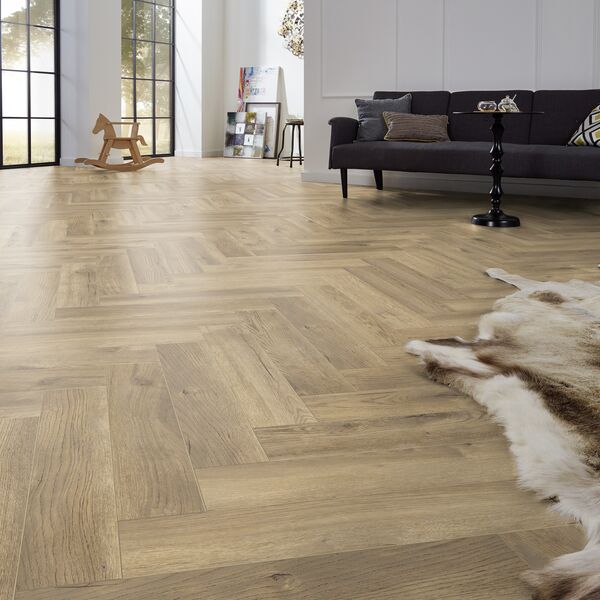
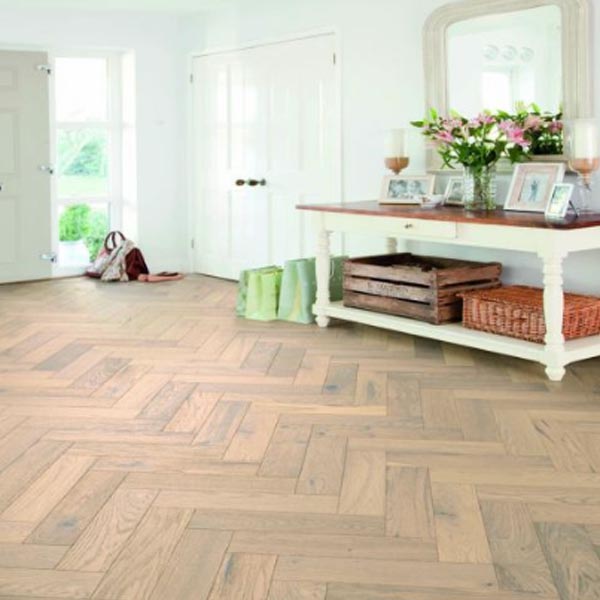

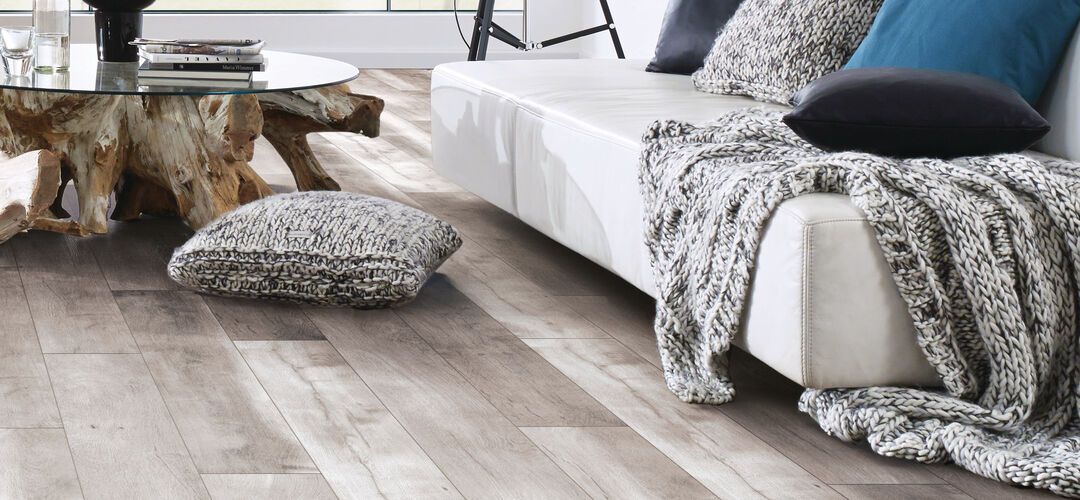
.jpg)
 - Article Image (not header).jpg)

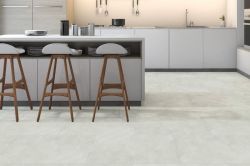
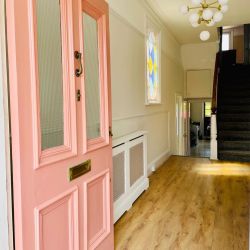
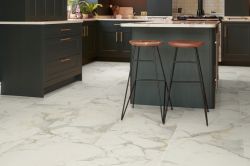
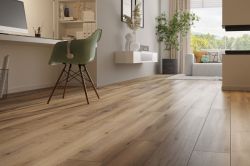

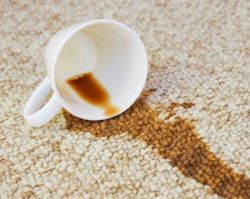

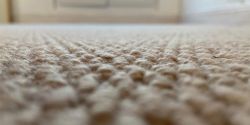
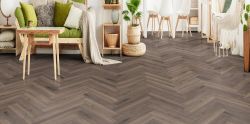
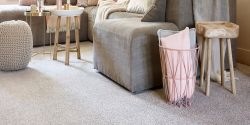
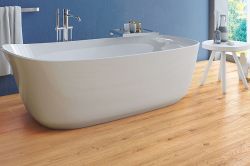
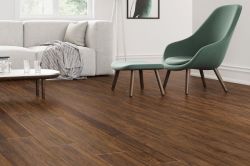
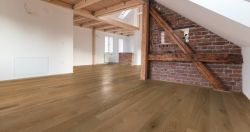
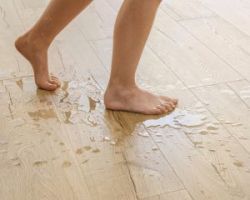
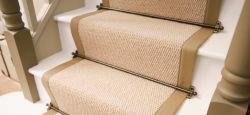
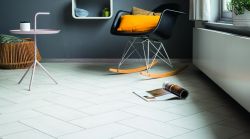
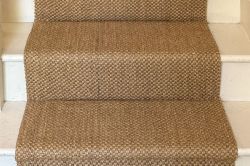
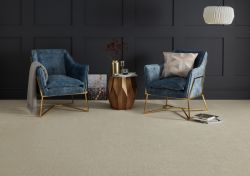

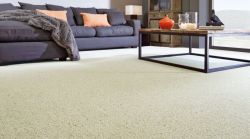
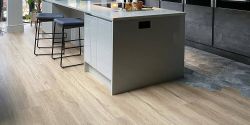

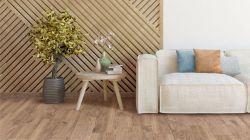
-250.jpg)
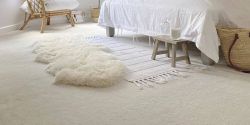

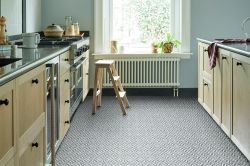
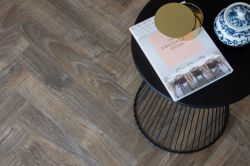
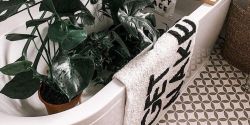
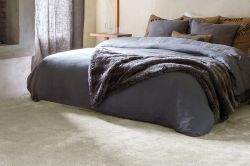
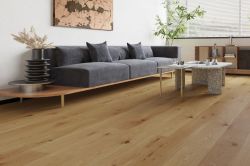
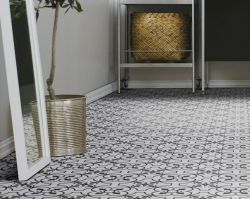
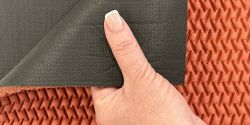
-250.jpg)
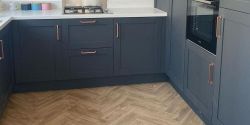
 copy-250.jpg)

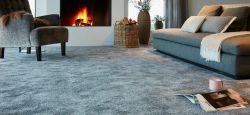
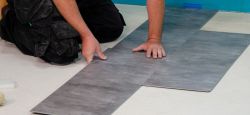
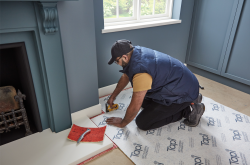

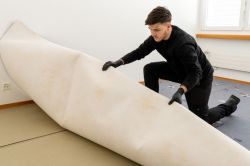
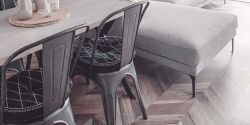

-250.jpg)
 - Article Image (not header)-250.jpg)
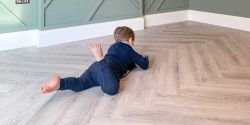
-250.jpg)

-250.jpg)
